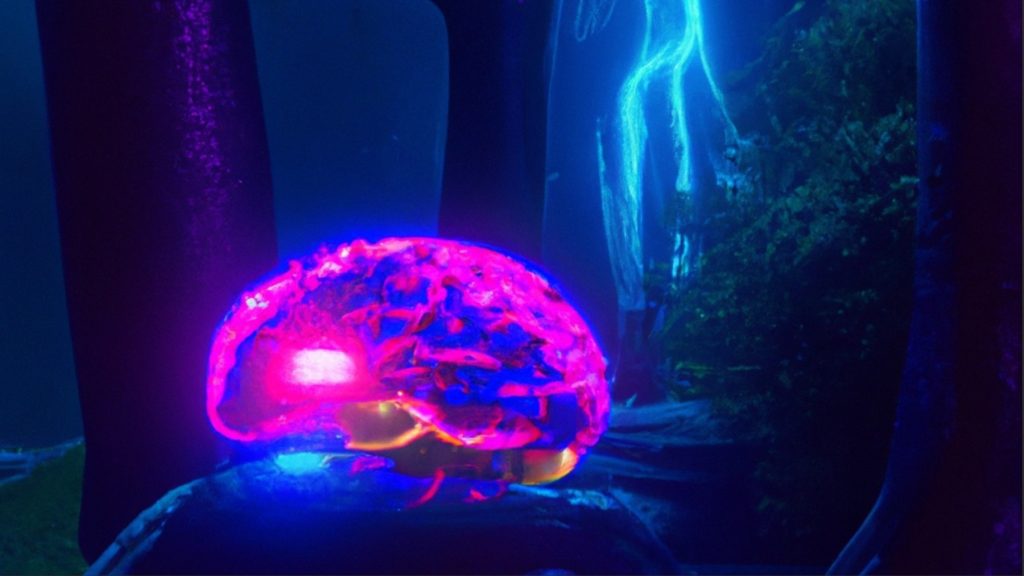
Manchester Metropolitan University has launched a $1.22 million (£1 million) medical technology initiative to develop Parkinson’s AI treatment, creating personalized “digital twins” to simulate brain responses to treatments.
The project includes AI to detect Parkinson’s symptoms to develop personalized digital brain models for Parkison patients which would allow researchers to test treatments on virtual brains before applying them in real-life scenarios.
Parkinson’s AI treatment will create a “digital twin” for each patient, representing their unique brain structure and symptoms to allow for risk-free testing of different treatments and medications, offering a preview of how the brain might respond before any physical intervention.
AI- Powered Treatment
Parkinson AI treatment research builds on previous studies funded by the Medical Research Council (MRC) and will introduce two key components: AI-powered brain models and neurofeedback tools.
Over the course of the three-year project, the team will develop technology to help Parkinson’s patients monitor their own brain signals using a smartphone app. The app, based on neurofeedback principles, will let users track how various factors like sleep, exercise, and how medication impacts their symptoms.
According to Dr. Nelson Trujillo-Baretto, a computational neuroscientist leading the AI for Parkinson’s disease project, the importance of combining advanced AI, engineering, and industry collaboration will deliver solutions for Parkinson’s treatment.
“We hope this project will significantly improve the lives of those living with Parkinson’s, offering them better control over their condition,” Dr. Nelson says.
Deep Brain Stimulation
AI and Parkinson’s disease initiative will also develop the ingoing research in deep brain simulation – technique already useful in treating patients with the disease. The Parkinson AI treatment involves implanting a device beneath the skin to send high-frequency electrical pulses to focus on brain areas, calming Parkinson’s symptoms.
The new research will further develop techniques used in DBS to become even more effective and focused using digital simulations. The work not only improves DBS outcomes but also increase access to the AI and Parkinson’s treatment by developing tools clinically useful within the National Health Service (NHS) and internationally.
The Manchester Met research team will also include experts such as Professor Nicola Ray, Dr. Monty Silverdale, and Dr. Antonella Macerollo, with key collaborators at Salford Royal Hospital and the Walton Centre.
In parallel, five new researchers will be recruited to lead neuroimaging, computational studies, and patient interactions, ensuring that AI Parkinson’s disease cure is on the right track.
The Parkinson AI treatment $1.22 million initiative, might just prove to be one of those successes that will stand the test of time in the treatment and management of Parkinson’s disease, enabling the patients to become more independent and enjoy a better quality of life.
Now AI is fighting Parkinson alongside neurofeedback, and DBS technology will revolutionize how doctors approach care for people with this disease, paving the way for new avenues for more effective treatments.
Inside Telecom provides you with an extensive list of content covering all aspects of the Tech industry. Keep an eye on our Medtech section to stay informed and updated with our daily articles.